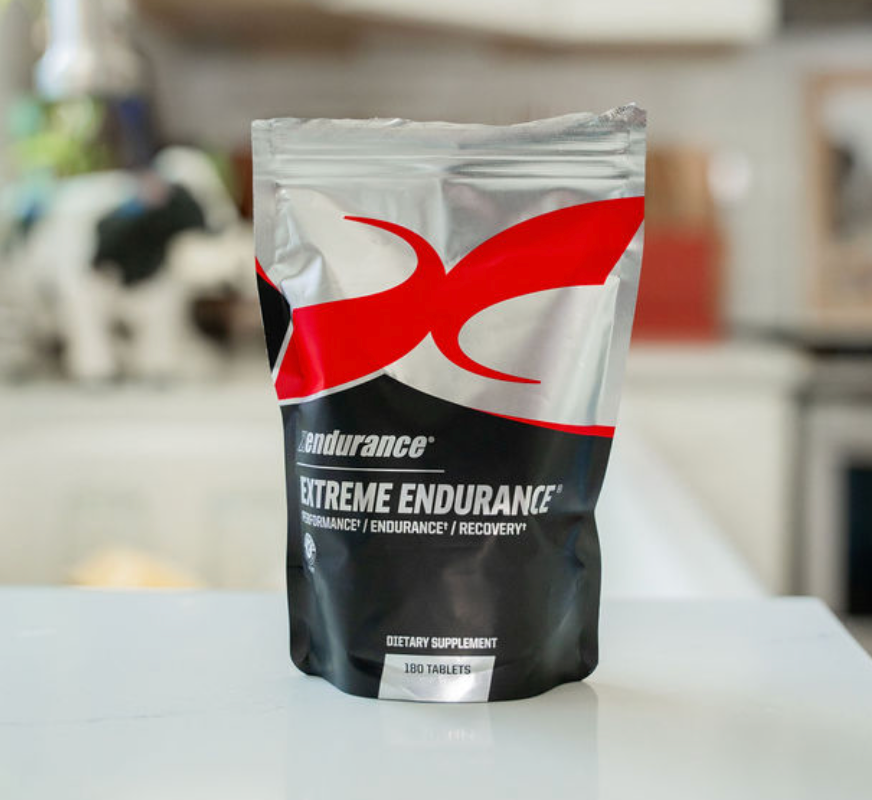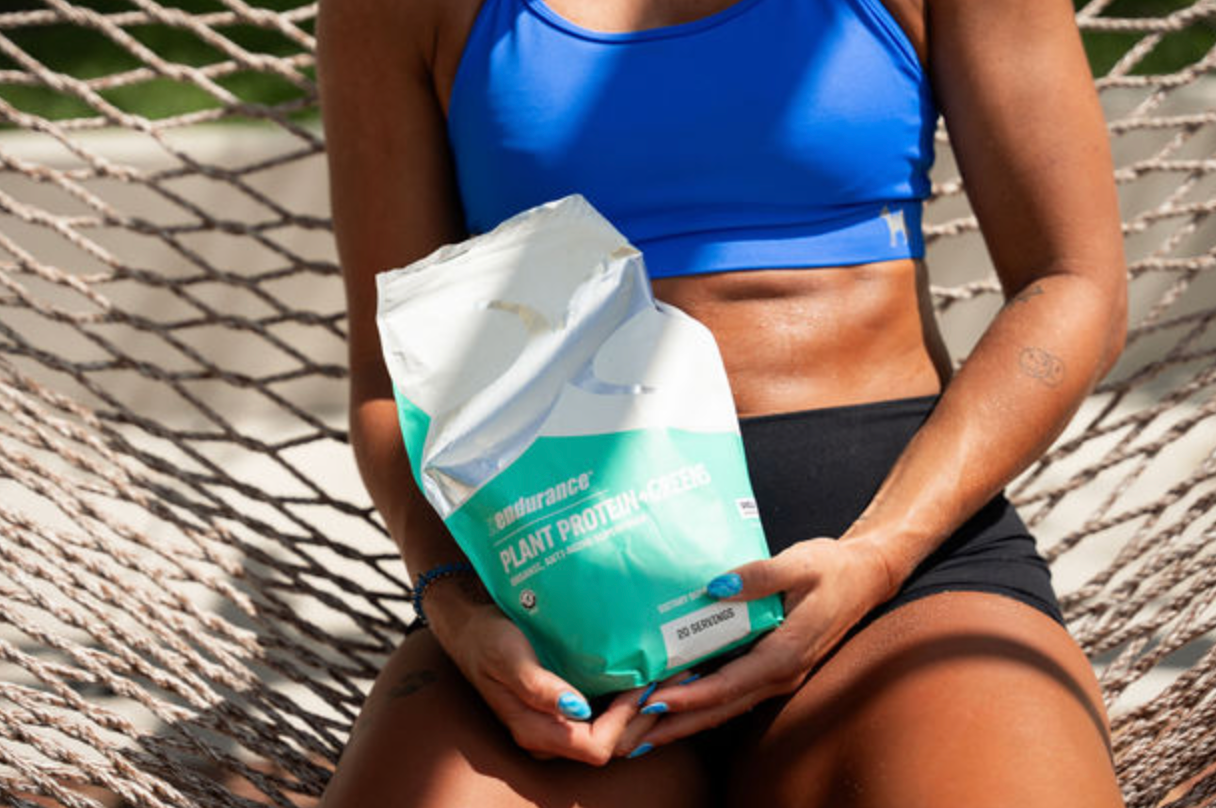Gut health plays an important role in overall wellness. It affects everything from digestion to immunity and even mental health. For athletes, maintaining a healthy gut can greatly enhance athletic performance. This article explores the connection between gut health and athletic performance, covering key topics like the gut microbiome, prebiotics, and probiotics.
Understanding Gut Health
Gut health refers to the balance of tiny organisms living in the digestive tract. These tiny organisms, including bacteria, viruses, and fungi, make up the gut microbiome. A healthy gut is essential for:
- Efficient digestion and nutrient absorption
- Strong immune function
- Optimal mental health
- Enhanced athletic performance
When the gut is in balance, it helps the body function smoothly. On the other hand, an imbalance can lead to different problems such as stomach issues, weakened immunity, and even mood disorders. According to a study published in Nature Reviews Gastroenterology & Hepatology, maintaining a healthy gut is important for overall well-being.
The Gut Microbiome: What It Is and Why It Matters
The gut microbiome consists of trillions of tiny organisms living in our intestines. These tiny organisms play a key role in:
- Breaking down food and absorbing nutrients
- Producing essential vitamins
- Regulating the immune system
- Maintaining the gut barrier
A healthy gut microbiome is important for digestion and nutrient absorption. It helps break down complex carbohydrates, proteins, and fats into simpler forms that the body can use. Also, the gut microbiome produces vitamins like B12 and K, which are essential for health.
In addition, a balanced gut microbiome supports the immune system by preventing harmful pathogens from taking over. It also plays a role in mental health by producing neurotransmitters like serotonin. According to a study published in Frontiers in Microbiology, the gut microbiome has a big impact on the body's overall health.
How Gut Health Impacts Athletic Performance
Gut health plays an important role in athletic performance. A healthy gut can greatly affect energy levels, recovery, and overall endurance. Here's how:
- Energy Levels: A healthy gut helps digest and absorb nutrients, making sure your body gets the energy it needs. Studies have shown that a balanced gut microbiome can help maintain steady energy levels, which is essential for athletes.
- Recovery and Endurance: Gut health affects how well your body recovers after intense exercise. A healthy gut can help reduce inflammation and muscle soreness, allowing for quicker recovery and improved endurance. Studies show that athletes with a balanced gut microbiome tend to experience less fatigue and recover faster.
- Reducing Inflammation: Chronic inflammation can hinder athletic performance. A healthy gut helps regulate the body's inflammatory response, reducing muscle soreness and promoting better performance. Studies have found that a balanced gut can lower levels of inflammation markers in the body. Learn more about gut inflammation here.
For more information on the connection between gut health and athletic performance, you can refer to studies such as those published in the National Center for Biotechnology Information.
How to Improve Gut Health
Improving gut health means changing your diet and lifestyle. Here are some steps you can take:
- Eat Fiber-Rich Foods: Foods high in fiber, such as fruits, vegetables, and whole grains, are foods good for gut health as they help your gut by growing good bacteria.
- Stay Hydrated: Drinking plenty of water is important for digestion and gut health. Aim for at least 8 glasses of water a day.
- Include Fermented Foods: Foods like yogurt, kefir, sauerkraut, and kimchi are full of probiotics that help keep your gut healthy.
- Limit Processed Foods: Processed foods can disrupt the balance of bacteria in your gut. Try to minimize your intake of these foods.
- Exercise Regularly: Physical activity can help gut health by promoting the growth of beneficial bacteria.
For more detailed information on improving gut health, check out articles such as those found on Healthline.
Prebiotic vs Probiotic: What’s the Difference?
Understanding the difference between prebiotics and probiotics is key to improving gut health. Both play important roles, but they function differently.
What Are Prebiotics?
Prebiotics are non-digestible fibers that feed the good bacteria in your gut. They help these beneficial bacteria grow and thrive. Common sources of prebiotics include:
- Garlic
- Onions
- Bananas
- Asparagus
- Whole grains
Prebiotics are essential because they create a healthy environment for gut bacteria to flourish. Learn more about prebiotics here.
What Are Probiotics?
Probiotics are live bacteria that are beneficial for your gut. They help balance the gut microbiome and can improve digestion and immune function. Common sources of probiotics include:
- Yogurt
- Kefir
- Kimchi
- Sauerkraut
- Miso
Probiotics can help replenish and maintain a healthy gut microbiome. Probiotic supplements are also available to support gut health. Learn more about probiotics here.
Comparing Prebiotics and Probiotics
While both prebiotics and probiotics are important for gut health, they serve different purposes:
- Prebiotics feed the good bacteria in your gut.
- Probiotics are the good bacteria that live in your gut.
- Both work together to maintain a balanced gut microbiome. Learn more about combining prebiotics and probiotics here.
Incorporating both into your diet can lead to better digestive health and overall wellness.
Foods and Supplements That Boost Gut Health
Maintaining a healthy gut involves eating the right foods and, sometimes, taking gut health supplements. Here are some options to consider:
Foods Rich in Prebiotics and Probiotics
To boost your gut health naturally, include these foods in your diet:
- Prebiotic Foods: Garlic, onions, bananas, asparagus, whole grains
- Probiotic Foods: Yogurt, kefir, kimchi, sauerkraut, miso
- Other Gut-Friendly Foods: Fermented foods like kombucha, and fiber-rich foods like fruits, vegetables, and legumes
These foods help maintain a balanced gut microbiome, aiding digestion and nutrient absorption.
Supplements for Gut Health
Sometimes, diet alone isn't enough to maintain optimal gut health. Supplements can provide additional support. Common supplements include:
- Probiotics: Available in capsules, tablets, and powders, they help replenish good bacteria in the gut.
- Prebiotics: Often found in fiber supplements, they feed the beneficial bacteria.
- Digestive Enzymes: These help break down food and improve nutrient absorption. Explore recovery supplements here.
Incorporating these supplements into your daily routine can help maintain a healthy gut, especially for athletes who need optimal digestion and nutrient absorption for peak performance. Learn more about gut health supplements here.
By combining a diet rich in prebiotics and probiotics with the right supplements, you can significantly improve your gut health. This, in turn, can enhance your athletic performance, helping you recover faster and perform better.









Leave a comment
This site is protected by hCaptcha and the hCaptcha Privacy Policy and Terms of Service apply.